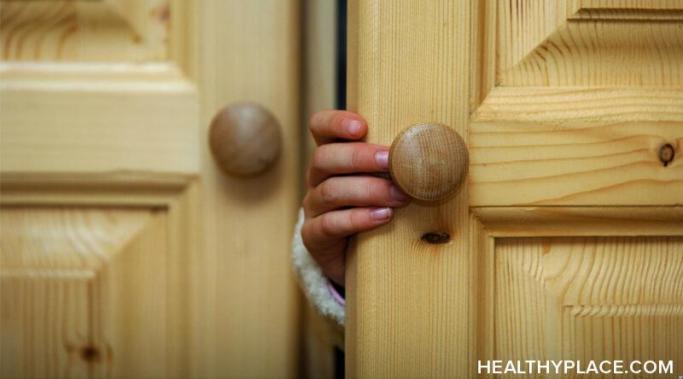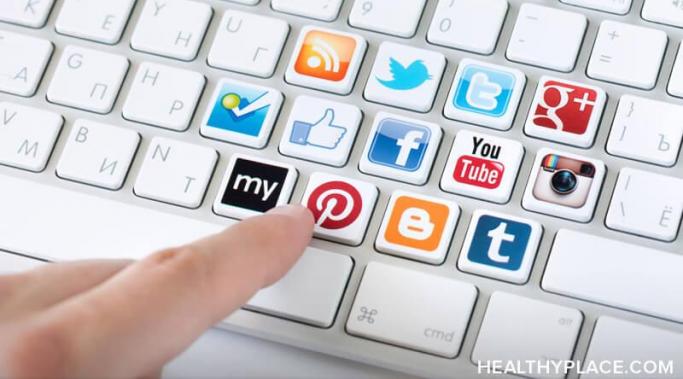When was the last time you took a mental health day and didn't feel guilty about it? Wait, when was the last time you took a mental health day in the first place? Let's take a look.
Mental Health Support
Generation Z (or Gen Z or Zoomers), the generation that succeeds Generation Y (or Gen Y or millennials), is currently more aware of mental health than any other generation. While this sounds like good news, there are negative aspects as well. Let's take a look at Generation Z's relationship to mental health.
Here's a little-known secret about me: Ever since I was young, I have wanted to be famous. When I was a little girl, I first wanted to be a singer, then an actor, and finally, a writer. While singing and acting didn't pan out because I wasn't passionate about them, writing stuck with me. But I haven't yet achieved fame as a writer, and until recently, it made me feel bad about myself. Although I have made peace with this now, I see a lot of young people with a burning desire to be famous. And it hurts because I know this obsession can leave behind deep mental scars.
Setting boundaries is one of the most important and meaningful mental health practices. When you establish boundaries, you can thrive without burning out. You'll draw a safe space where you can become the best version of yourself. And when you're the best version of yourself, you can give more to those around you. So, even though they're your personal boundaries, they benefit others, too.
It's difficult to know what to do during a panic attack, especially because completing even the simplest tasks feels like my head might explode. When I have a panic attack, I feel helpless and terrified and can't focus on anything else. Learning to cope has been a messy process, but over time, I have gotten better at it. Here's what I do during a panic attack.
You might feel hesitant to talk about your mental health with others. Mental health problems are often accompanied by crippling shame that prevents you from wanting to reach out for help. Shame also lies to you, saying that you are a burden to others and that no one is as messed up as you are. But if you feel that way, it is time to start talking about your mental health.
Perfectionism, in my opinion, creates unhappiness and is frequently misunderstood. Many people think that a perfectionist is just someone who has color-coded planners or follows all the rules. They can't observe the self-criticism and constant disappointment lurking in a perfectionist's deepest thoughts. Perfectionists make the best task-doers, but often, they are the most unhappy.
As negative thoughts are racing through your head, it's hard to focus on anything else, especially your ambitions. Goals can seem impossible to achieve when you're in the wrong mindset. You might even decide that it's not worth it to start a project or focus on a goal because you're experiencing all these negative thoughts that say you can't do it.
When we think of social media and mental health, it tends to be a negative association. There are countless studies and stories about people developing depression or anxiety because of their time spent on social media. However, there’s another side to the story of mental health and social media.
Teachers shape student mental health because they're often the first adult a student reaches for when they're in emotional pain. But teachers don't have the power to help individual students with their mental health (as per school policy and the teacher's educational background). But it's time to improve the educational system and acknowledge the important role teachers play in their students' mental health.









